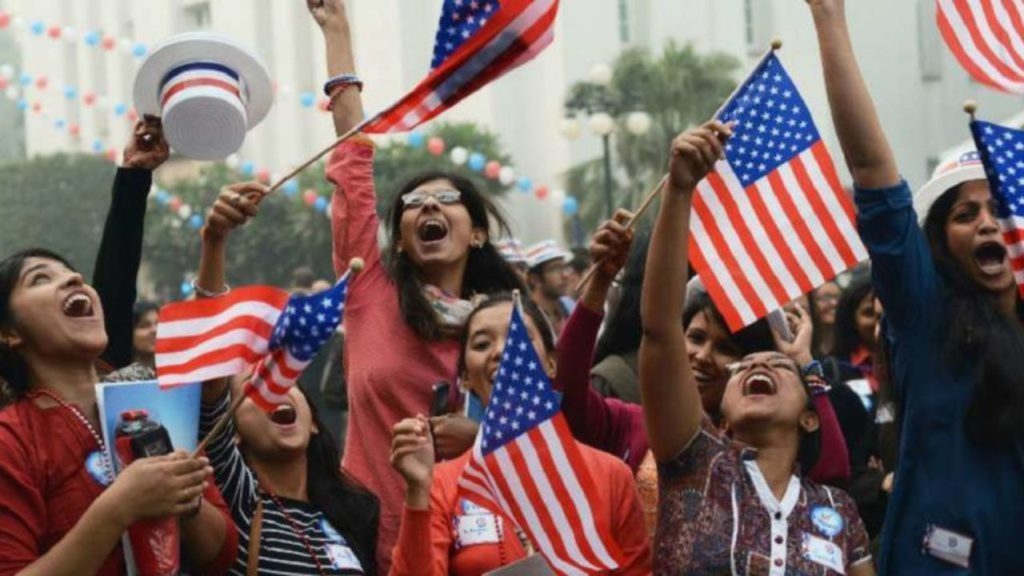Decoding H1B Visa Rules: Can H1B Employees Work From India? Will the Salary Remain Same? What About the Law?

Many have pondered and conducted innumerable debates on the topic we are going to cover today. A very legible argument, yet dwindling with several underlying complexities.
We will be unraveling for you, the long-held discussion on whether an employee with an H-1B visa status work from outside the US, preferably India.
While in numerous instances an H-1B visa employee has been known to work/working outside the borders of the United States, there is always a series of complications accompanied by the law.
It appears to not be as simplified a topic of discussion, as comprehended, evidently due to involvement of laws not just limited to the US waters.
DOL’s View on the Issue
In 2019, after continued discussions on the topic of whether an H-1B visa status holder can work outside the US, the US Department of Labour (DOL) gave its decision on the issue, which however, did not particularly cover the issue of international laws.
We will get to that shortly.
Until 2019, the answer to the question was, “An H-1B employee may work from outside the USA and be paid under any terms, not necessarily those required by the H-1B laws.”, which was as simple a rationale as any.
Clearly, US laws by no means extend to extraterritorial regions like India. The US federal courts too have stated that unless a law states otherwise, such presumptions cannot be extended.
However, in 2019, the DOL changed the calculus of the argument by instituting a decision on the matter.
It stated that unless an H-1B is terminated by the employer, the wage obligations under H-1B continue even if an employee is working from outside the USA.
This was done consequent to the DOL’s concern of employers keeping H-1B employees in low-paid status by simply relocating them offshore.
How is DOL’s Decision Considered Unviable?
While DOL’s decision on the matter was plain cut and towards the interests of H-1B workers, the formulation of the decision did not consider the ‘international law issue of extraterritoriality’.
This places their decision at best, highly questionable, states ET.
We have to add here, the backdrop that H-1B laws are highly complex. Among their set of legal requirements, a major one is ‘H-1B employees cannot be moved without additional compliance formalities’, which opens DOL’s decision to further discussion.
Discussions on DOL’s Decision
One of the questions brought up in discussions revolve around the compliance formalities.
“Are we then required to ensure compliance with US laws such as posting US legal notices (called LCA) in an Indian office or Indian home locations?”
An author at Immigration.com, responds to this question as a ‘categorical no’.
He adds that additional compliance is needed if the job is relocated more than 50 miles from an approved location, which clearly does not include India (location-wise).
Secondly, posting an LCA in India, if required, would offend several principles of law, including extraterritoriality. He adds, “How can US laws interfere with Indian employment laws? This issue was not discussed in the 2019 decision.”
It simply appears as though the DOL will have to redo its policy so that USCIS could comply with the same as well.
While immigration attorneys believe that maintaining an H-1B, while working from India is legal, there will be a conjunction of complications.
The employee will need to be paid the full US salary.

Comments are closed, but trackbacks and pingbacks are open.